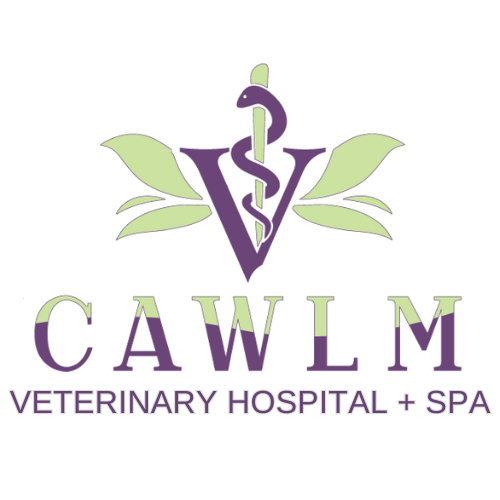There is no better opportunity to address widespread misconceptions about kibble and its effect on your pet’s oral health than during February’s Pet Dental Health Month. Although many people think that chewing kibble keeps their teeth clean, there are some myths about this habit that need to be dispelled. These misconceptions will be dispelled in this article, which will also give you more information on how to maintain the dental health of your pet.
Myth 1: Kibble Effectively Cleans Teeth
One common misconception is that dogs’ teeth are cleaned by the abrasive action of chewing kibble. Even while this theory looks reasonable, there isn’t any solid scientific data to back it up. Kibble chewing may help to clear away some debris, but it is not a complete dental care solution.
Myth 2: Kibble Particles Don’t Linger
After your pet eats kibble, pieces frequently become stuck in their teeth where they interact with oral germs. Along the gumline, these particles can build up and raise the risk of dental problems. Plaque formation may occur if these particles are not removed.
Myth 3: Plaque Doesn’t Progress to Tartar
When left untreated, plaque, a soft, sticky film of germs that grows on teeth, can harden into tartar. Periodontal disease, a frequent dental problem in pets, develops as a result of this trend. Tartar is more prone to form the longer plaque is left on the teeth.
Myth 4: Dental Health Is Uniform Across Breeds
Some dogs and specific breeds are more prone to developing dental tartar and calculus. This observation suggests a potential genetic component to periodontal disease. Therefore, dental health considerations should be tailored to individual pets, taking breed-specific factors into account.
Myth 5: Diet Doesn’t Impact Oral Health
A balanced diet can have a big impact on your pet’s general health, which includes how well their immune system can fight against oral bacteria. High-quality pet food ingredients, including those in Freshpet recipes, encourage greater general health and may lower the risk of dental problems. Strong teeth and gums are maintained with proper nutrition.
Myth 6: Brushing Teeth Is Optional
Regular tooth brushing is necessary for your pet’s oral health. Dental issues develop when this practice is neglected over time. It is advised to brush your pet’s teeth at least twice a day to avoid plaque and tartar accumulation. Your veterinarian can offer advice on correct brushing methods and suggest an appropriate pet toothpaste.
The Importance of Regular Dental Check-ups
Along with the aforementioned precautions, it’s critical to schedule routine dental examinations with your primary care veterinarian. To keep your pet’s mouth healthy, professional dental cleanings are crucial. Your pet’s teeth, gums, and oral cavity will be carefully inspected by your veterinarian during these check-ups to look for any indications of dental problems such cavities, gum disease, or oral tumors.
If required, your veterinarian will do a dental cleaning that includes removing plaque and tartar, polishing the teeth, and addressing any potential dental issues. To gain a complete picture of your pet’s oral health and ensure that any underlying problems are found and treated right away, they can also advise doing dental X-rays.
Additional Tips for Optimal Dental Health
Dental Chews and Toys
A helpful addition to your pet’s dental care routine can be giving them dental chews or toys that improve oral health. These things can aid in lowering plaque and tartar accumulation while also giving your pet an enjoyable activity.
Water Additives
Dental water additives are made to lessen plaque and bacteria in your pet’s mouth, assisting in maintaining good oral health. They might be a practical addition to your pet’s regular dental care regimen.
Monitoring for Signs of Dental Issues
It’s essential to keep an eye out for any indications of dental issues as a conscientious pet owner. This includes altered eating patterns, foul breath, swollen or bleeding gums, and missing or loose teeth.
Conclusion
In honor of Pet Dental Health Month, it’s important to dispel these widespread misconceptions about kibble and how it affects your pet’s teeth. Kibble can be a part of a balanced diet, but it shouldn’t be your pet’s only method of ensuring that their teeth are in good shape.
Regular brushing, a balanced diet with quality ingredients, professional dental cleanings, and diligent monitoring for any dental abnormalities are all components of a comprehensive approach to canine dental care. You may ensure that your pet has a lifetime of healthy teeth and gums by refuting these beliefs and using a thorough approach.

